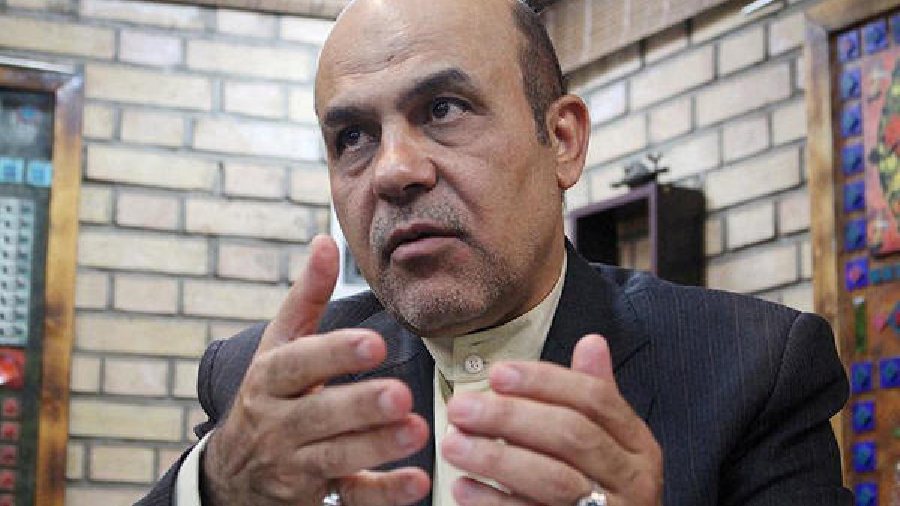In April 2008, a senior British intelligence official flew to Tel Aviv to deliver an explosive revelation to his Israeli counterparts: Britain had a mole in Iran with high-level access to the country’s nuclear and defence secrets.
The spy had provided valuable information — and would continue to do so for years — intelligence that would prove critical in eliminating any doubt in Western capitals that Iran was pursuing nuclear weapons and in persuading the world to impose sweeping sanctions against Tehran, according to intelligence officials.
The identity of that spy has long been secret. But on January 11, the execution in Iran of a former deputy defence minister named Alireza Akbari on espionage charges brought to light something that had been hidden for 15 years: Akbari was the British mole.
Akbari had long lived a double life. To the public, he was a religious zealot and political hawk, a senior military commander of the Revolutionary Guards and a deputy defence minister who later moved to London and went into the private sector but never lost the trust of Iran’s leaders. But in 2004, according to the officials, he began sharing Iran’s nuclear secrets with British intelligence.
He appeared to get away with it until 2019, when Iran discovered with the assistance of Russian intelligence officials that he had revealed the existence of a clandestine Iranian nuclear weapons program deep in the mountains near Tehran, according to two Iranian sources with links to Iran’s Revolutionary Guards.
In addition to accusing Akbari of revealing its nuclear and military secrets, Iran has also said he disclosed the identity and activities of over 100 officials, most significantly Mohsen Fakhrizadeh, the chief nuclear scientist whom Israel assassinated in 2020.
Britain has never publicly acknowledged that Akbari, who became a British citizen in 2012, was its spy. “It is our longstanding policy not to comment on matters relating to intelligence,” said William Archer, the spokesman on Iran for the British Foreign Office.
The New York Times reported in September 2019 that the source of the intelligence on the nuclear site, called Fordo, was a British spy. The intelligence on Fordo that Akbari provided was one of the revelations that the British intelligence official passed on to Israeli counterparts and other friendly agencies in 2008, according to three Western intelligence and national security officials.
The state department and the National Security Council said they could not comment on questions about Akbari.
The following account of Akbari’s activities is based on interviews with American, British, Israeli, German and Iranian current and former intelligence and national security officials and senior diplomats. Some requested anonymity because they were not authorised to speak.
Akbari, who was 62 when he was executed, was an unlikely spy. He displayed a fanatical allegiance to the ideals of the Islamic Republic and unwavering support for its leaders, according to interviews with his brother Mehdi Akbari.
Akbari, who was born in Shiraz, was a teenager when the Iranian revolution in 1979 toppled the monarchy and war with Iraq followed, his brother said. Inflamed with revolutionary passion, he and an older brother enlisted as soldiers, and by the time he left the front lines, he was a decorated commander of the Revolutionary Guards.
Akbari was detained by the intelligence ministry and held in solitary confinement for months in detention and then in Tehran’s notorious Evin prison, his brother said. The family was told to keep the arrest under wraps. Iranian officials said after his execution that they had him log in to a computer provided by the British and communicate with his handlers.










